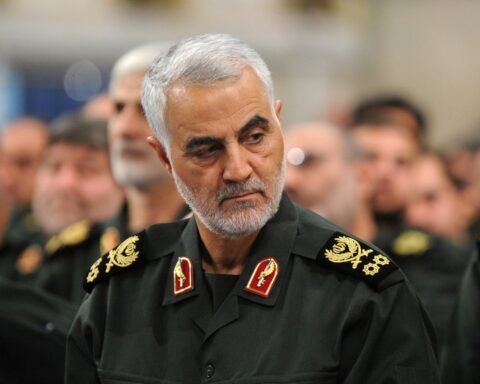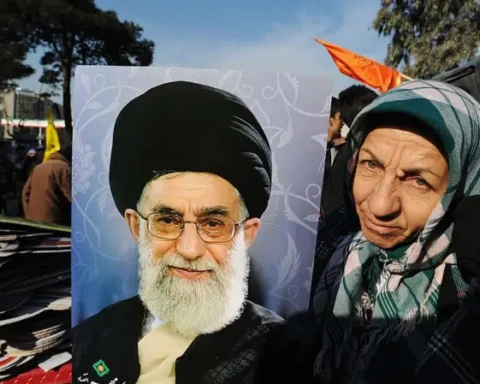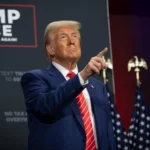India has made a significant move to enhance trade with the United States by offering zero tariffs on a range of crucial imports, including pharmaceuticals, steel, and auto parts.
The policy change, announced during a key meeting between Indian officials and U.S. trade representatives, is aimed at making these goods more affordable and fostering closer economic ties between the two countries.
Pharmaceuticals are among the most affected by this new move. India has long been a major consumer of American-made medicines and healthcare products, and with the removal of tariffs, the Indian market will have even better access to these essential products. Steel and auto parts are also included, both of which are in high demand in India, driven by the country’s growing infrastructure and automotive sectors. By eliminating tariffs on these goods, India hopes to encourage further growth in local industries and keep costs low for consumers.
Also Read; US, Ukraine Finally Sign Mineral Deal
This decision is part of India’s broader strategy to open up its markets and attract more foreign investment, creating a more welcoming environment for global businesses. The aim is to boost manufacturing, improve supply chains, and lower prices for key sectors like healthcare and transportation. Experts believe that this move could create a ripple effect, fostering more trade agreements between India and the U.S. and potentially opening doors for future collaboration in fields like technology, energy and agriculture.
Both governments expressed optimism about how this policy could benefit both nations, with hopes that it will lead to a rise in exports, create jobs, and contribute to stronger economies on both sides. The tariff removal, particularly in critical sectors like pharmaceuticals and steel, is expected to encourage more U.S. companies to consider India as an attractive market, further integrating the two countries economically.
This tariff reduction is seen as a step toward overcoming trade tensions and setting a positive example of cooperation, ultimately benefiting both nations in the long run.







